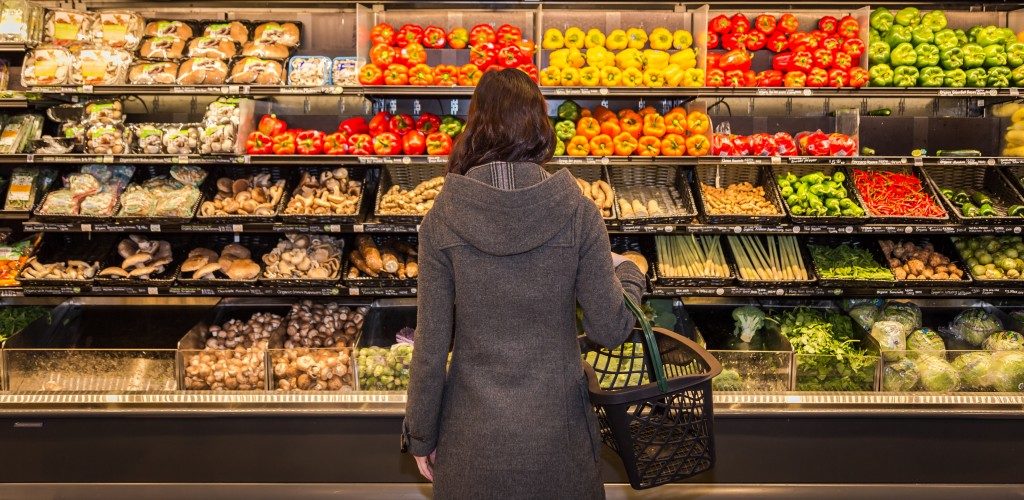The COVID-19 pandemic is thriving in the United States, especially in Florida. It’s now forcing the federal and state governments to call on more stringent measures to combat it. These include highly encouraging everyone to stay at home or practice social distancing.
However, to make sure Americans can sustain themselves, some businesses, such as groceries, have to remain open. How can owners protect their property, staff, and customers? How can they ensure everyone is safe when in the establishment?
1. Install or Maintain Proper Lighting
Florida businesses may consider installing commercial lighting in Tampa or maintaining it if they already have one. Some Florida-based companies also offer 24/7 installation, repair, and maintenance. Usually, businesses just need to call to have their systems checked.
A reliable lighting system may help deter burglars, especially if the area also has a strong police presence. For those using CCTVs, the right brightness can make images appear better during recording or on the screen.
Floodlights, meanwhile, are ideal in parking spaces. During quarantine or lockdown, customers may need to park farther from one another to practice social distancing.
2. Follow the CDC Guidelines

The Centers for Disease and Prevention (CDC) is now issuing guidelines on how people should act when they’re outside their homes. These include:
- Everyone must wear a facial mask when they’re outside.
- They must be at least six feet away from one another.
- They may have to disinfect shopping carts.
- As much as possible, they use cashless payments or credit cards.
Store owners may encourage their customers to follow these by:
- Do not let anyone without a facial mask enter the store.
- Equip the staff with a mask and even a face shield.
- Reduce interaction between customers and staff.
- Allow customers to pay electronically or credit card.
- Install disinfectant stations around the store.
- Do not let a sick employee go to work.
- If possible, check customer temperature.
- Let customers bring their shopping bags.
3. Offer Deliveries
Many groups of people cannot travel to groceries because the risks of severe infection are high. These are Americans who are immuno-compromised, older people, and pregnant women. Those who have co-morbidities such as heart disease and respiratory illnesses may need to stay at home as well.
Groceries or stores can still support them by offering delivery services. Customers may place an order using an app or website. They may choose their preferred delivery schedule. Businesses can then opt to charge a small fee for the service.
Note, though, that should companies do this, they still need to practice social distancing. For example, they may leave the goods at the doorstep. Customers may have to pay online using their credit card or e-payment systems, such as PayPal.
4. Create a Special Lane for Health Workers
These days, hundreds of healthcare workers are putting themselves on the line to save lives. As a courtesy and appreciation for their service, business owners can consider creating a special lane for them.
This way, they don’t have to spend an extended period queueing. It may also significantly reduce the risk of discrimination that many of them have to go through because of their profession.
Groceries and other similar stores are in a better position since theirs are under essential services. Still, they also need to step up to ensure they remain profitable while keeping everyone safe.

